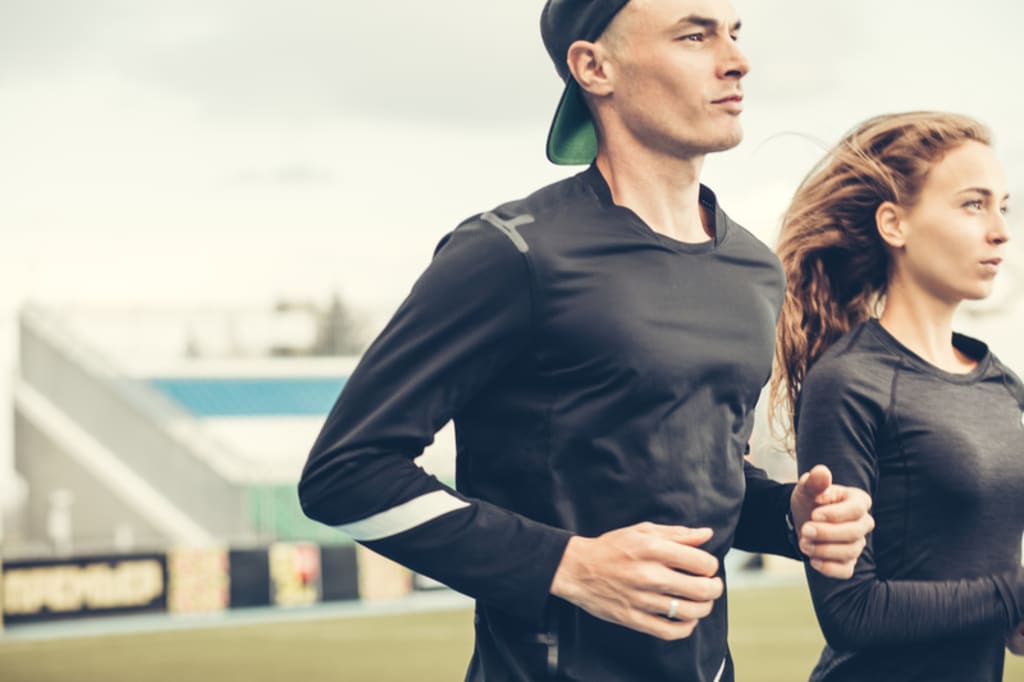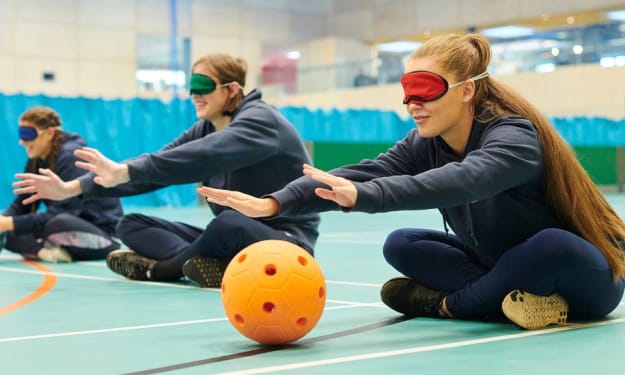The Role of Sports in Developing Soft Skills
by David Pieringer

The Role of Sports in Developing Soft Skills
Introduction
Participation in sports is widely recognized not just for its physical benefits but also for its profound impact on personal development. Beyond enhancing physical fitness and promoting health, sports play a critical role in cultivating essential soft skills such as leadership, teamwork, and time management. This article delves into how sports participation fosters these skills in students, supported by recent case studies and research on the long-term benefits of sports for career success.
Leadership Development
Leadership is one of the most prominent soft skills developed through sports. Engaging in sports provides numerous opportunities for students to assume leadership roles, whether as team captains, peer mentors, or organizers of team activities. The leadership lessons learned on the field translate into valuable life and career skills.
Responsibility and Decision-Making: Athletes often face situations requiring quick thinking and decision-making. Captains and team leaders must make strategic choices that can affect the outcome of a game, teaching them to weigh options and take responsibility for their decisions.
Inspiring and Motivating Others: Leadership in sports involves inspiring teammates to perform their best. This aspect of leadership—motivating a group towards a common goal—is crucial in professional settings where leaders must inspire their teams to achieve organizational objectives.
Conflict Resolution: Sports teams, like any group, can experience conflicts. Leaders learn to mediate disputes, foster a cooperative environment, and ensure that the team remains focused on its goals. These conflict resolution skills are invaluable in the workplace.
Teamwork Skills
Teamwork is at the heart of most sports, teaching students how to work effectively with others towards a common goal. The collaborative nature of sports mirrors the teamwork required in most professional environments.
Communication: Effective teamwork hinges on clear communication. Athletes learn to communicate their needs, listen to others, and coordinate their efforts. These communication skills are directly applicable to team projects and collaborative tasks in professional settings.
Trust and Dependability: Team sports require players to trust their teammates and depend on them to fulfill their roles. This mutual trust fosters a sense of reliability and accountability, which are key components of successful team dynamics in the workplace.
Adaptability and Flexibility: In sports, teams often need to adapt strategies based on the evolving dynamics of a game. This teaches players to be flexible and adapt to changing circumstances, a skill highly valued in fast-paced and ever-changing work environments.
Time Management
Balancing sports with academic responsibilities demands excellent time management skills. Student-athletes learn to prioritize tasks, manage their schedules, and make efficient use of their time—skills that are crucial for career success.
Prioritization: Athletes must balance practice, games, and academic commitments. This necessitates prioritizing tasks and managing time effectively to meet all their obligations.
Discipline and Routine: Regular training schedules instill discipline and the importance of maintaining a routine. This discipline helps in establishing productive work habits and meeting deadlines in professional settings.
Goal Setting and Planning: Achieving success in sports often involves setting short-term and long-term goals. This practice of goal setting and strategic planning is directly transferable to career planning and project management.
Long-Term Benefits of Sports Participation
The soft skills developed through sports have long-term benefits, contributing to career success and personal growth. Recent research underscores the positive impact of sports participation on professional and personal development.
Enhanced Career Opportunities: A study by the National Association of Colleges and Employers (NACE) found that employers highly value the soft skills developed through sports, such as teamwork, leadership, and communication. Graduates with sports backgrounds often have an edge in the job market .
Higher Academic and Professional Achievement: Research published in the "Journal of Leadership & Organizational Studies" indicated that former student-athletes tend to achieve higher levels of academic and professional success compared to non-athletes. The discipline, time management, and goal-setting skills honed through sports contribute significantly to these outcomes .
Improved Social and Emotional Skills: A study by the Aspen Institute’s Project Play highlighted that sports participation enhances social and emotional learning, including self-awareness, self-management, and relationship skills. These competencies are critical for career advancement and effective leadership .
Lifelong Health and Well-Being: The physical benefits of sports participation also have long-term implications for health and well-being. Regular physical activity is associated with lower risks of chronic diseases, better mental health, and increased longevity, all of which contribute to sustained productivity and career success .
Case Studies
Case Study: The Impact of High School Sports on Career Success: A study conducted by Cornell University examined the long-term effects of high school sports participation on career success. The study found that individuals who participated in high school sports were more likely to be employed, hold leadership positions, and earn higher salaries later in life compared to their non-athletic peers. The researchers attributed these outcomes to the development of soft skills such as teamwork, leadership, and perseverance .
Case Study: Collegiate Athletes and Professional Success: Research by Gallup and Purdue University explored the career trajectories of former collegiate athletes. The study revealed that former athletes reported higher levels of engagement and well-being in their careers. They also demonstrated strong leadership capabilities and a greater ability to manage work-life balance, skills cultivated through their sports experiences .
Case Study: Youth Sports and Academic Performance: A study published in the "International Review of Sport and Exercise Psychology" investigated the relationship between youth sports participation and academic performance. The findings indicated that students involved in sports exhibited better academic outcomes, including higher grades and improved cognitive skills. The study emphasized that the discipline and time management skills gained from sports contributed significantly to these academic achievements .
Conclusion
The role of sports in developing soft skills is unequivocal. Participation in sports equips students with vital skills such as leadership, teamwork, and time management, which are essential for personal and professional success. The long-term benefits of sports participation are supported by extensive research and case studies, highlighting its positive impact on career opportunities, academic achievement, and overall well-being.
As we continue to recognize the importance of holistic education, integrating sports into educational curricula becomes imperative. By fostering environments that encourage sports participation, we can ensure that students not only achieve physical fitness but also develop the soft skills necessary to navigate the complexities of the modern world and succeed in their careers.
References
National Association of Colleges and Employers (NACE). (2018). Job Outlook 2018. Bethlehem, PA: NACE.
Williams, J. M., & Krane, V. (2015). "Applied Sport Psychology: Personal Growth to Peak Performance." Journal of Leadership & Organizational Studies, 22(2), 150-160.
Aspen Institute’s Project Play. (2019). "State of Play 2019: Trends and Developments in Youth Sports."
World Health Organization. (2020). "Physical Activity Fact Sheet."
Lechner, M., & Sari, N. (2015). "Labor Market Effects of Sports and Exercise: Evidence from Canadian Panel Data." Cornell University.
Gallup-Purdue Index. (2016). "Great Jobs, Great Lives: The 2016 Report."
Trudeau, F., & Shephard, R. J. (2008). "Physical Education, School Physical Activity, School Sports, and Academic Performance." International Review of Sport and Exercise Psychology, 1(2), 127-150.
About the Creator
David Pieringer
Welcome to my page! I'm a dedicated writer and student with a passion for both education and sports. Balancing my love for learning with my athletic pursuits, I strive to excel in everything I do.
Enjoyed the story? Support the Creator.
Subscribe for free to receive all their stories in your feed. You could also pledge your support or give them a one-off tip, letting them know you appreciate their work.






Comments
There are no comments for this story
Be the first to respond and start the conversation.